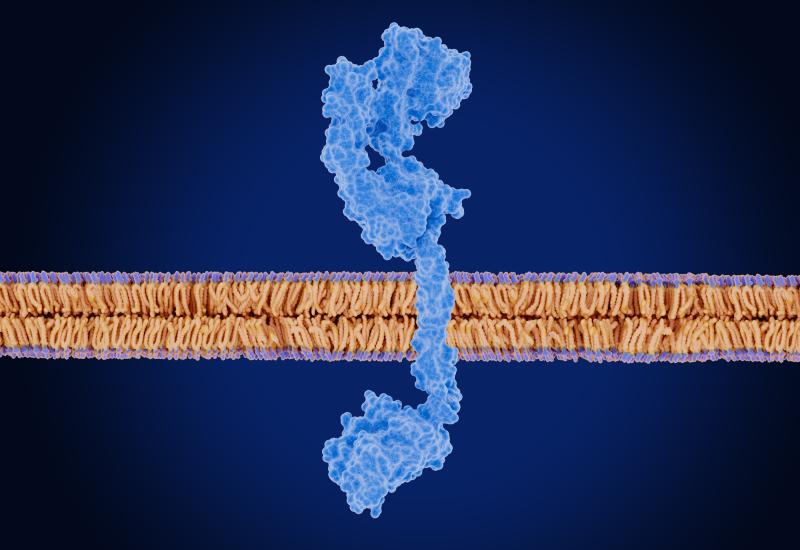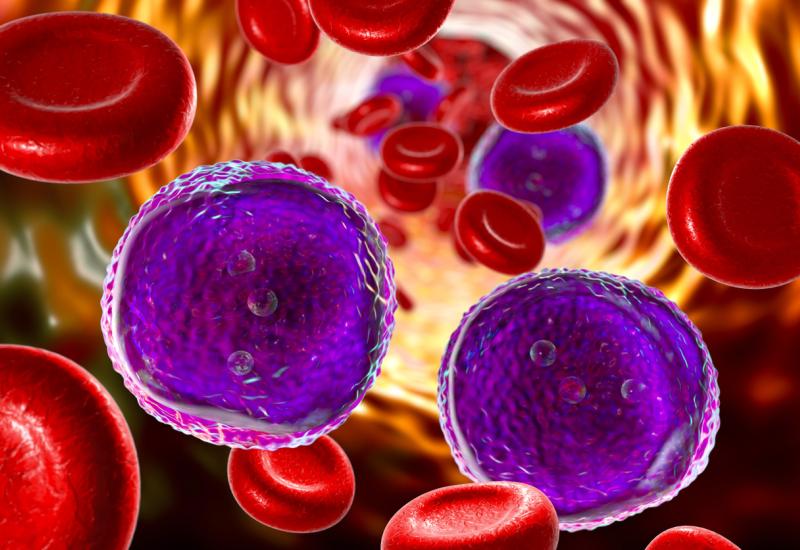
Dizal's birelentinib remains a question mark

After securing its first US approval, for Zegfrovy, Dizal has listed its phase 3 trial evaluating birelentinib on clinicaltrials.gov, but several questions remain unanswered. The study, Tai-Shan6, will evaluate the BTK/Lyn inhibitor in relapsed and refractory CLL against bendamustine, Zydelig and Rituxan, yet the US registry does not clearly specify prior therapy requirements. Meanwhile, the trial's Chinese listing mentions that patients previously treated with BTK inhibitors are eligible, but offers no clarity on whether this will apply to covalent as well as non-covalent BTK inhibitors, populations in which Dizal claimed last June at ASCO that the dual inhibitor demonstrates activity; neither do the listings mention prior BTK degrader treatment. The asset received US fast-track designation earlier this month, though the company still needs to secure a commercial partner to bring the therapy to this market. With the primary completion date set for 2029 Dizal has some runway, but rivals are moving fast. BeOne Medicines has already indicated plans to file for accelerated approval of its BTK degrader in CLL as early as 2026, though Dizal has argued that birelentinib can work when CLL is no longer driven by the BTK pathway.
Birelentinib's Tai-Shan trials
| Trial | Trial phase | Indication |
|---|---|---|
| Tai-Shan6 | Phase 3 | Relapsed and refractory CLL, vs Rituxan, bendamustine & Zydelig |
| Tai-Shan8 | Phase 2 | Relapsed and refractory CLL and SLL |
| Tai-Shan9 | Phase 2 | Relapsed and refractory DLBCL |
| Tai-Shan12 | Phase 1/2 | First-line DLBCL |
| Tai-Shan5 | Phase 1/2 | Relapsed and refractory B-NHL |
Source: OncologyPipeline.
2399













